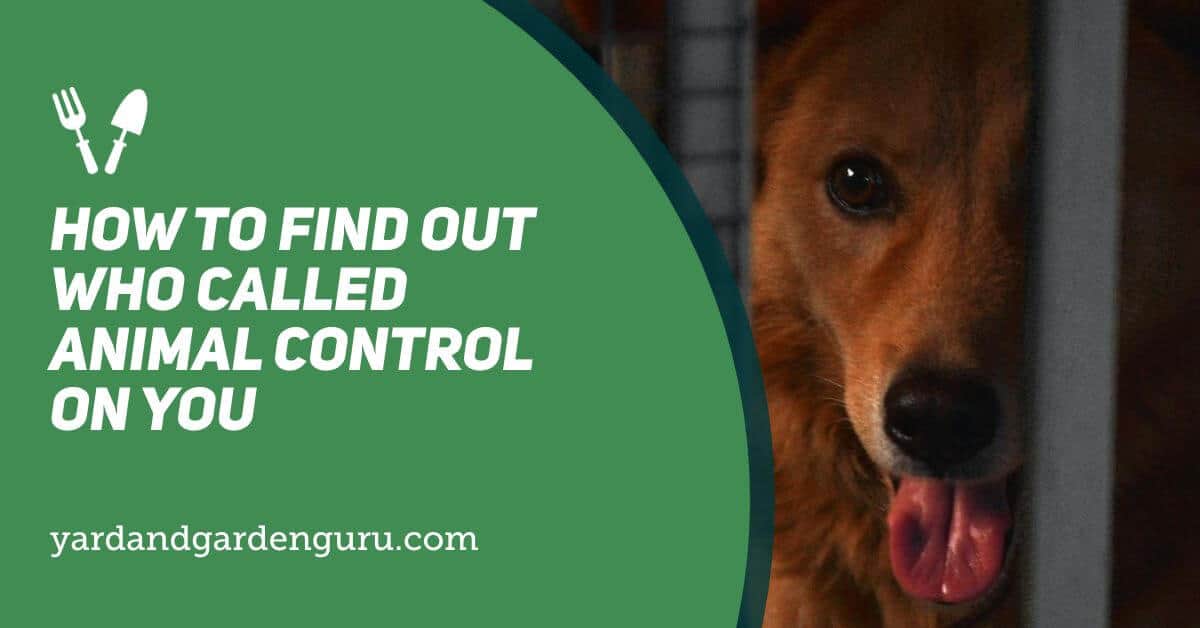The dilemma of unwanted pets presents a multifaceted quandary, akin to having an uninvited yet needy guest at a dinner party. Just as one might grapple with the decision to confront a guest whose demands overshadow the merriment of the occasion, so too must a compassionate individual navigate the complex realities surrounding pets that have become burdensome in their adopted homes. The question arises: can you, in your capacity as a caring citizen, call animal control when faced with the presence of an unwelcome animal? The answer delves deep into the ethos of animal welfare, municipal responsibilities, and the intricate interplay between human rights and animal rights.
To grasp the full scope of this issue, one must first recognize the catalyst of unwanted pets—irresponsible ownership, impulsive adoptions, and societal neglect. An impulsive decision to adopt a pet can lead to dire consequences when the allure of a fluffy puppy or playful kitten diminishes, successively replaced by the sobering responsibilities of care and commitment. Such unpreparedness highlights the need for public education on responsible pet ownership. Further complicating this matter is the phenomenon of animal hoarding, where individuals accumulate more animals than they can adequately care for, creating an environment that is detrimental not only to the hoarder but also to the animals involved.
But where do these overwhelmed individuals turn when they find themselves out of their depth? Animal control agencies often become the pivotal players in this scenario. Designed to protect both animals and the community, these agencies operate under a matrix of legal and ethical guidelines. Their mission is not solely punitive; it is also redemptive. They often assume the role of mediators, endeavoring to reconcile the needs of both the animal and the responsible parties. However, it’s essential to underscore that calling animal control is not a one-size-fits-all solution.
The decision to call animal control may emerge as a last resort when the presence of an unwanted pet poses a tangible threat to public safety or well-being. For instance, if an animal exhibits aggressive behavior, it can jeopardize the safety of people and other pets alike. In such instances, humane intervention through animal control becomes crucial. However, one must remain cautious; each jurisdiction has different protocols, and animal control does not always equate to a ‘rescue.’ It could lead to the animal being euthanized if deemed dangerous or unadoptable—a reality that underscores the magnitude of the decision.
Additionally, it is imperative to appreciate the emotional and psychological ramifications of relinquishing a pet, regardless of the circumstances. The heartbreaking reality is that many pet owners experience intense guilt and shame when contemplating surrendering an animal—those feelings are compounded in an environment that often stigmatizes such actions. To mitigate this, some municipalities have begun to implement community programs that aim to assist overwhelmed pet owners. These initiatives can include temporary fostering, behavioral training, and financial assistance for pet care. Education workshops also empower potential adopters and pet owners to fully understand the ramifications of pet ownership.
Moreover, the role of shelters is paramount in this landscape. They serve not only as a temporary refuge for stray and surrendered animals but also as critical advocates for humane initiatives. Their outreach programs are crucial for informing the public about responsible pet ownership. Shelters often provide resources for pet owners in distress, attempting to keep families unified rather than forcing them apart through surrender. The ethos of ‘adopt, don’t shop’ underscores the need for community awareness and responsibility, highlighting the significance of adopting rather than buying pets which can exacerbate the issues surrounding unwanted animals.
In an ideal world, collaborations between government entities, animal welfare organizations, and community members would flourish, creating a cohesive support system for both pets and their owners. Such partnerships can enact fundamental change, providing pet care resources, establishing pet-friendly housing policies, and creating comprehensive community outreach initiatives. A shift in societal mindset is paramount; we must recognize that pets are not mere accessories or commodities. Instead, they are living beings deserving of respect, dignity, and compassion.
However, even with the most thought-provoking policies and programs, some animals will inevitably find themselves without a home. In these situations, animal control plays an essential role as a lifeline. Animal control agencies are not just enforcers; they are the frontlines in our mission for humane treatment of all creatures. They work tirelessly, often with limited resources, to find rehoming solutions for animals while ensuring community safety. It is crucial for individuals considering calling animal control to understand the agency’s capacity and role, weighing the situation carefully against the potential outcomes.
In conclusion, the issue of unwanted pets and the role of animal control encompasses a labyrinth of ethical considerations, societal norms, and compassionate action. While some scenarios may necessitate intervention for the well-being of all involved, it is paramount that we persist in fostering a culture of empathy and responsibility toward pets. With community support and proactive measures, we can strive toward a future devoid of the stigma surrounding unwanted pets and ensure that every animal has an opportunity to find its forever home—a sanctuary where it is cherished, respected, and loved.








